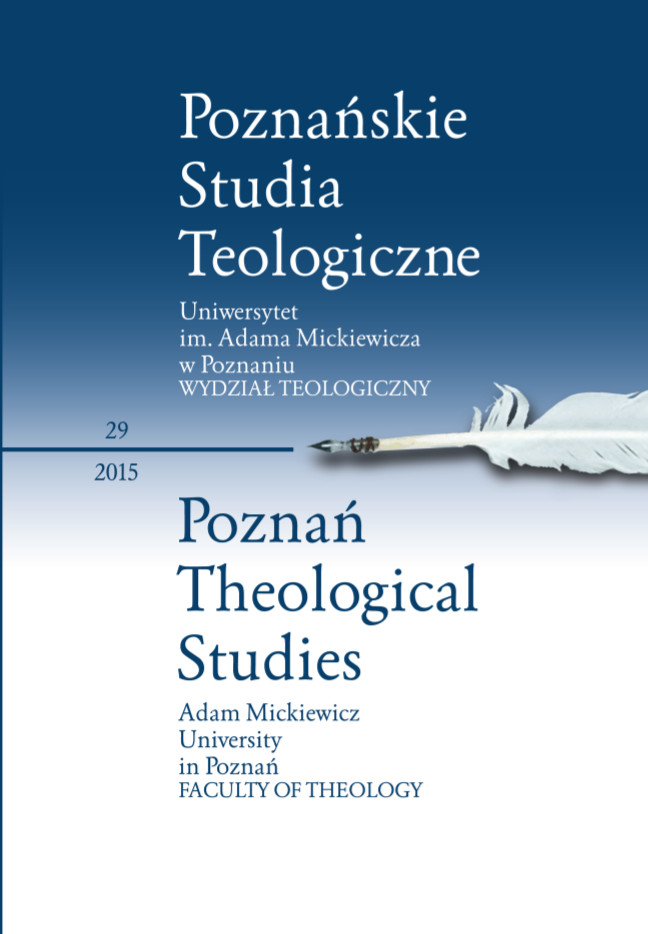Religious discourse and Philosophy. Ibn Rusd and Thomas Aquinas
Religious discourse and Philosophy. Ibn Rusd and Thomas Aquinas
Author(s): Joseph EllulSubject(s): Christian Theology and Religion, Special Branches of Philosophy, Theology and Religion, Philosophy of Religion
Published by: Uniwersytet Adama Mickiewicza
Keywords: Religious discourse; Philosophy; Ibn Rusd; Thomas Aquinas; Scholasticism
Summary/Abstract: The article by Joseph Ellul OP analyses similarities and differences in the philosophical approach of Ibn Rušd and St. Thomas Aquinas. For the Muslim philosopher, religion appealed to the masses by applying symbols, imagery and laws, whereas philosophy arrived at the truths of revealed Law through demonstration. He goes to great lengths in order to establish the existence of harmony between philosophy and religion, but he appears to take it in the sense of conformity of religion to the requirements of rational discourse, particularly in his discussion of the literal and the allegorical interpretation of the Qur’ân. For Thomas Aquinas revealed truth, that is to say the truth of the Christian faith, lies beyond reason, but the latter cannot be opposed to the former, since what nature endows cannot be opposed to supernatural gift. The exercise of reason is instrumental in order to clarify, corroborate and defend the truths of the Christian faith. Consequently, reason should be applied in order to prove that what adversaries are stating about the Christian faith is false. Although the realm of reason is not coextensive with that of faith, this by no means should imply that they are mutually exclusive or contradictory. As Aquinas points out, the philosopher considers creatures as they are, whereas the believer views them in their relation to God. Aquinas’s intellectual investigations allowed him to bridge the divide that arose in encounters with members of non-Christian religions in the common pursuit of truth. His works are a living testimony to the encounter between Christian thought and Islamic philosophy inspired by both the Peripatetics and the Neoplatonists together with the indirect contribution of Muslim theological thought.
Journal: Poznańskie Studia Teologiczne
- Issue Year: 29/2015
- Issue No: 1
- Page Range: 27-53
- Page Count: 27
- Language: English

